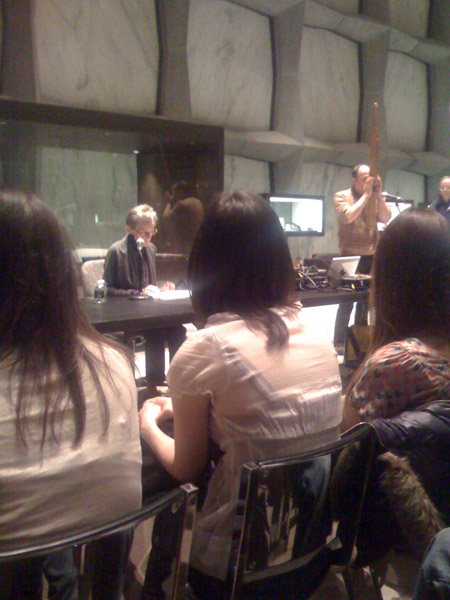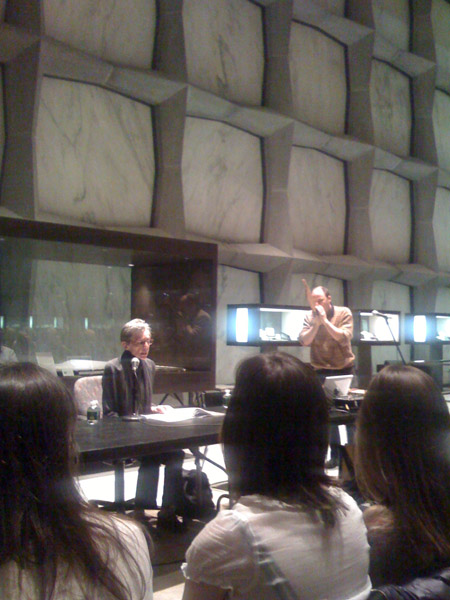“The only philosophy which can be responsibly practised in face of despair is the attempt to contemplate all things as they would present themselves from the standpoint of redemption. Knowledge has no light but that shed on the world by redemption: all else is reconstruction, mere technique. Perspectives must be fashioned that displace and estrange the world, reveal it to be, with its rifts and crevices, as indigent and distorted as it will appear one day in the messianic light. To gain such perspectives without velleity or violence, entirely from felt contact with its objects – this alone is the task of thought. It is the simplest of all things, because the situation calls imperatively for such knowledge, indeed because consummate negativity, once squarely faced, delineates the mirror-image of its opposite. But it is also the utterly impossible thing, because it presupposes a standpoint removed, even though by a hair’s breadth, from the scope of existence, whereas we well know that any possible knowledge must not only be first wrested from what is, if it shall hold good, but is also marked, for this very reason, by the same distortion and indigence which it seeks to escape. The more passionately thought denies its conditionality for the sake of the unconditional, the more unconsciously, and so calamitously, it is delivered up to the world. Even its own impossibility it must at last comprehend for the sake of the possible. But beside the demand thus placed on thought, the question of the reality or unreality of redemption itself hardly matters.”
(Theodor Adorno, Minima Moralia, p. 247.)

